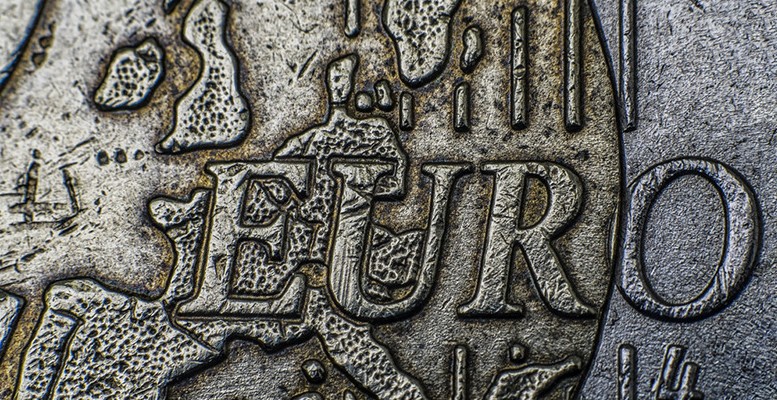A euro area majority of 64% thinks that having the euro is a good thing for their country, according to last October Eurobarometer. This is the highest proportion since the start of the survey in 2002, and up significantly from 56% in 2016. This shows that European integration has come a long way. But the euro has not had the desired unifying impact because its original design understimated the importance of banking, fiscal and political union and failed to create a solid foundation for the structural reforms needed to maintain Europe’s high standard of living even after a crisis such as the Great Financial Recession that sparked in 2008.
The IMF Managing Director Christine Lagarde recently mentioned that a more unified euro area could be a “compass to prosperity for the region and a beacon of hope to the world.” In this spirit, the Elcano Royal Institute has recently published a paper by Spanish economists on the reform of the European Monetary Union. It offers some recommendations towards a stronger architecture for the euro through deeper fiscal, financial and economic integration. It also advocates a greater degree of political union to provide democratic legitimacy and accountability. To summarise in a few lines, these are the main recommendations reached by the experts in order for European Monetary Union to function effectively:
1.Greater political, fiscal, financial and economic union within the euro area to match the current degree of monetary integration. In addition, Eurozone economies need to be prepared for the challenges posed by the digital economy.
2.The euro area needs a central fiscal authority with its own sources of revenue and the ability to issue joint debt.
3.The current ESM and its staff should fall into EU law and become the staff of the existing Fiscal European Stability Board (FSB) that monitors national fiscal and macroeconomic policies.
4.The banking union is still incomplete, and so is the capital markets union. There needs to be further progress on a common deposit guarantee mechanism and further convergence in bankruptcy laws. Moreover, all euro zone sovereign bonds should continue to be considered risk-free assets, implicitly backed by the ECB.
5.- Positive incentives need to be put in place for countries to undertake unpopular structural reforms on an ongoing basis so that their economies are flexible, innovative and socially-inclusive enough to live within a single monetary area. .
6.-The ECB needs to be able to act as the lender of last resort for member states in exceptional circumstances, as it does for the banking sector.
7.-Undoubtedly, some of these reforms will require new and a greater involvement of the Euro committee of the European Parliament in electing the head of such authorities controlling the eurozone budget and monitoring fiscal policy and structural reforms at the national level.
8.This unavoidable level of deeper integration will require a greater degree of political union to provide democratic legitimacy and accountability..
9.-Treaty change is in the final analysis the best path to greater integration. A major priority for a new treaty would be to pool more sovereignty at the European level by creating a single fiscal authority for the euro area democratically controlled by a more legitimate and reformed European Parliament.





